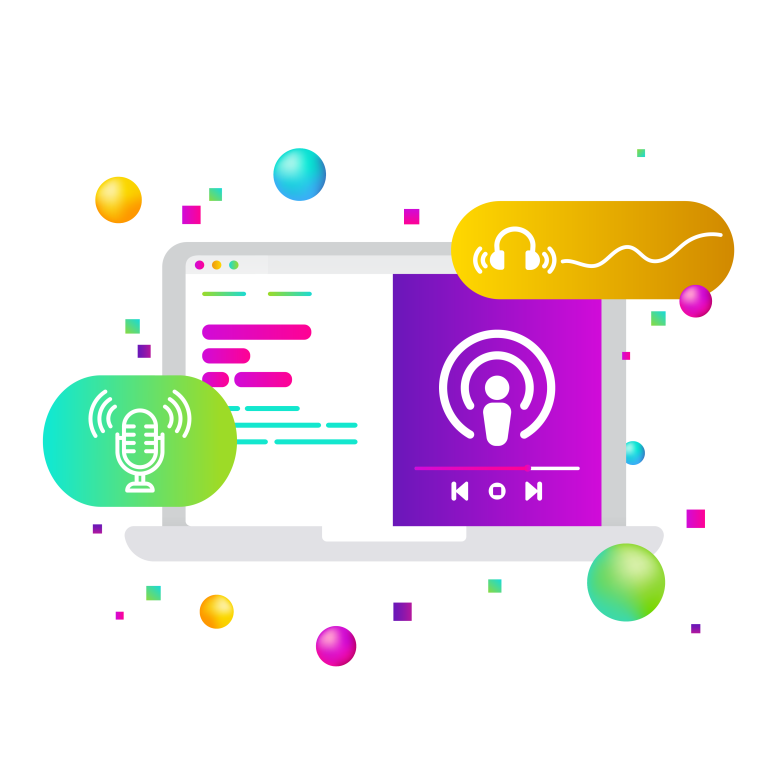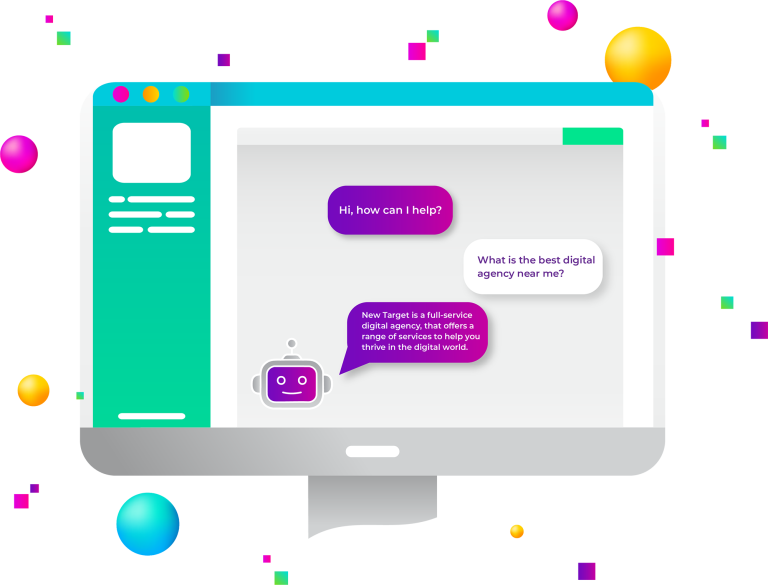Inbound marketing is a type of marketing that focuses on getting your audience’s attention through helpful, educational content. Rather than relying on traditional advertising and promotion techniques, like cold calling or direct mail campaigns, inbound marketing uses strategies that create valuable content for your customers. By doing this, you are able to attract new customers and build trust with them over time.

Trust
Trust is a big part of today’s buyer journey. Buyers are wary after being burned by shady companies in the past, and it can be tough to prove that you’re different.
So how can marketers build trust? It all starts with transparency. If you’re honest and upfront about who you are, what you do, and what you offer, people will trust you. After all, it’s a lot easier to trust someone when you can see their flaws, rather than someone who seems perfect on the surface but might be hiding something beneath.
Offer valuable content for free, such as white papers, case studies, and blog posts.
Focus on building relationships with your audience (instead of just pushing products).
If you want to build trust with potential buyers – and turn them into loyal customers – focus on transparency, honesty, and relationships.
Providing Useful Content
At its core, the key difference between inbound and outbound marketing is the way each strategy targets potential customers. Traditional outbound marketing tactics typically involve interrupting people with advertisements via mass media (like television commercials) or direct contact (like email or physical mail). With inbound marketing, instead of pushing sales messages onto customers who may not be interested or ready to buy, you focus on creating helpful content that will be useful and relevant to them. And you build trust so that they’ll buy in the future.
Tips to successfully implement an inbound marketing strategy:
1. Create valuable content
This is key to inbound marketing – make sure your content is of value to others and not just self-promotional. Content such as:
- Blog posts
- Ebooks
- Whitepapers
- Webinars
- Podcasts
- Infographics
In essence, inbound marketing is all about offering valuable content to your audience in exchange for their interest and attention. By providing high-quality, educational content that addresses the needs of your ideal customers, you can earn their trust over time and build long-term relationships with them. This also makes it easier for your target audience to find you when they are ready to make a purchase or inquire about your services.
2. Use social media to your advantage
Today’s customers are socially savvy, so it only makes sense to engage them where they’re already spending their time – on social media channels like Facebook, Twitter, and LinkedIn. Once you have a presence on these platforms, be sure to post regularly and use hashtags or join relevant groups so you can connect with others in your industry. You can create a strong online presence by interacting with your audience on a regular basis. This helps to build your brand’s reputation while also making it easier for potential customers to find you and learn more about your products or services.
3. Optimize your website for search engines
Search engine optimization (SEO) is the process of getting a website to rank high in search results – doing this helps drive more traffic to your site. There are many ways to optimize a website, some of which you can do on your own and others that you’ll need the help from a professional. You should try to make sure your content is keyword-rich but not riddled with keywords or stuffing – write for humans, not for search engines.
4. Analyze the results
Once you’ve implemented your inbound marketing plan, be sure to track and analyze results so you can fine-tune your strategy. For example, if you post articles on social media and see a spike in traffic the next day, use this information to determine which types of content are most successful. You could rework an article (or write a new one) to create more engagement with your audience.
The benefits of inbound marketing are undeniable – from the organic traffic you’ll generate, to the cost-effectiveness and measurability.
Overall, inbound marketing strategies focus on providing valuable content that will appeal to the interests of your target audience. By offering this helpful content to them over time, you can build trust and attract new customers who are likely to become loyal clients as they get to know your business better. Whether you’re just getting started with inbound marketing or you’d like to optimize your current marketing strategy, it’s a good idea to work with an experienced marketing agency that can help you develop and execute these tactics effectively.



